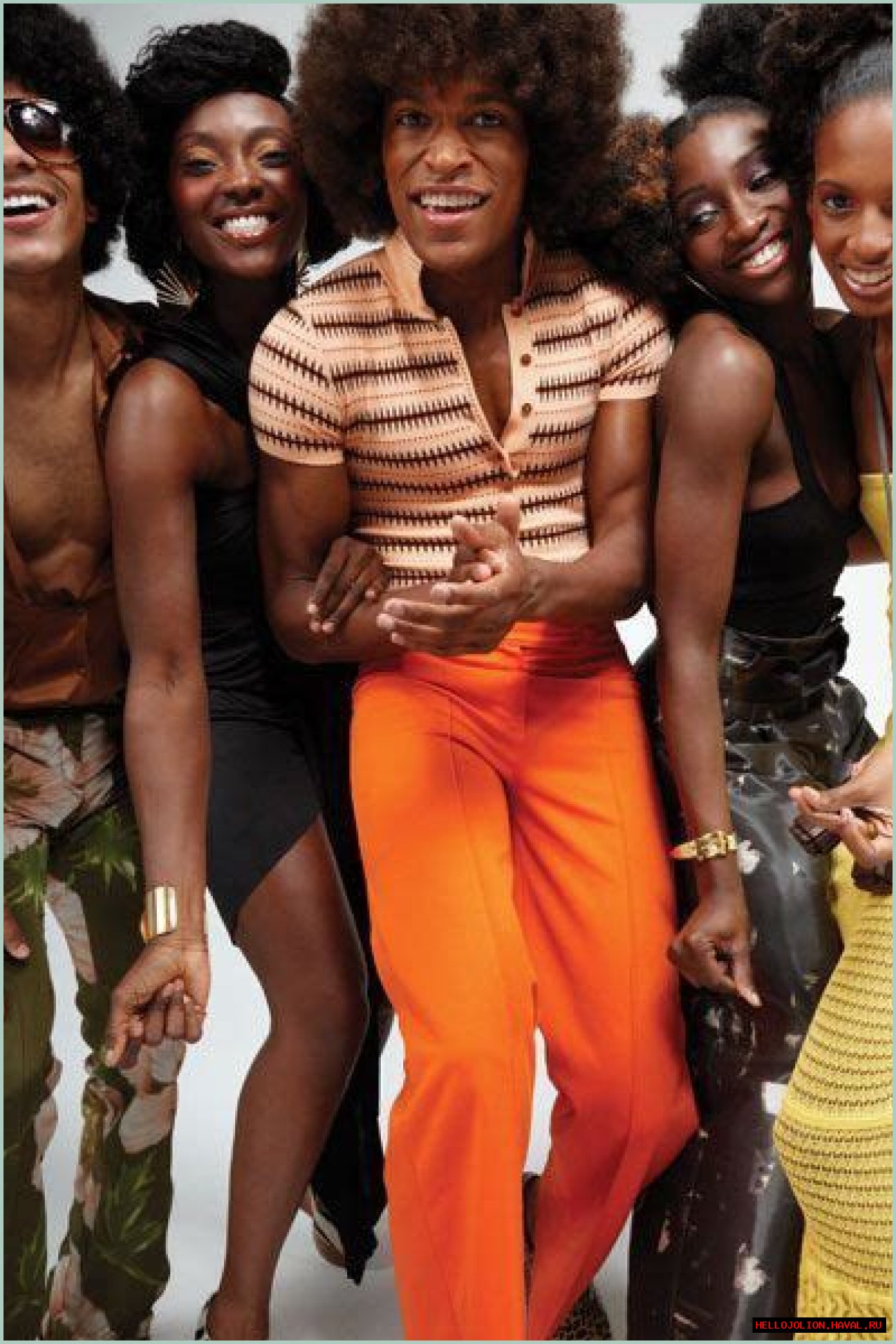The 1970s was a transformative decade for fashion, particularly within the African American community, where styles boldly expressed individuality and cultural pride. Soul Train, the iconic television show that aired from 1971 to 2006, played a pivotal role in showcasing the vibrant fashion trends of this era. The show not only highlighted the latest dance moves but also became a platform for Black artists and fashion designers to shine. This article explores the essence of Soul Train 70s Black fashion, emphasizing its impact on popular culture and its enduring legacy.
The fashion of the 1970s was characterized by a fusion of various influences, including funk, disco, and Afrocentric styles. The era was marked by colorful patterns, bold silhouettes, and an overall sense of freedom in self-expression. Soul Train dancers and guests were often seen sporting the most daring and innovative fashions, setting trends that would resonate for years to come. This article delves into the key elements of this fashion movement and the cultural significance behind it.
As we journey through the vibrant world of Soul Train 70s Black fashion, we will explore various facets, including iconic styles, influential figures, and the broader cultural implications of this dynamic period. With a focus on expertise, authority, and trustworthiness, we aim to provide a comprehensive understanding of how Soul Train shaped not only Black fashion but also the landscape of American style as a whole.
Biographical Overview of Soul Train
Soul Train was created by Don Cornelius and premiered on October 2, 1971, as a music and dance television program that aimed to highlight Black culture and music. Over its 35-year run, the show became a cultural phenomenon that provided a platform for emerging artists and showcased the latest trends in music and fashion.
👉 For more insights, check out this resource.
| Detail | Information |
|---|---|
| Creator | Don Cornelius |
| First Aired | October 2, 1971 |
| Last Aired | March 25, 2006 |
| Genre | Music, Dance, Variety Show |
| Impact | Showcased Black culture and music, influenced fashion trends |
Key Elements of 70s Black Fashion
The fashion of the 1970s was a vibrant tapestry of artistic expression, characterized by several key elements:
- Bold Colors and Patterns: Bright hues and eye-catching prints were fundamental to the aesthetic of the time.
- Flared Pants: Bell-bottoms became a staple, reflecting the era's casual yet stylish vibe.
- Afro Hairstyles: Embracing natural hair textures was a powerful statement of identity and pride.
- Accessories: Oversized sunglasses, chunky jewelry, and hats were widely popular, adding flair to outfits.
Iconic Figures of Soul Train Fashion
Several influential figures emerged as fashion icons during the Soul Train era:
👉 Discover more in this in-depth guide.
Don Cornelius
The creator and host of Soul Train, Don Cornelius, was known for his sharp suits and smooth style. His presence on screen set the tone for the fashion displayed on the show.
Artists and Performers
Artists such as Diana Ross, The Jackson 5, and Earth, Wind & Fire not only showcased their musical talents but also influenced fashion trends through their unique styles.
Cultural Implications of Soul Train Fashion
Fashion in the 1970s was not merely about clothing; it was a reflection of cultural identity and social movements. Soul Train served as a platform for African Americans to express their individuality and pride, challenging stereotypes and paving the way for future generations.
Popular Fashion Trends of the 70s
Some of the most notable fashion trends that emerged from the Soul Train era include:
- Disco Fashion: Shiny fabrics, sequins, and form-fitting outfits dominated disco dance floors.
- Bohemian Styles: Flowing garments, ethnic prints, and fringe became popular among the youth.
- Afrocentric Fashion: Traditional African prints and styles were embraced, celebrating heritage and culture.
Legacy of Soul Train Fashion
The legacy of Soul Train 70s Black fashion continues to influence contemporary styles. The boldness and creativity of this era can be seen in modern fashion runways and streetwear, demonstrating the lasting impact of this vibrant period.
Conclusion
In conclusion, Soul Train 70s Black fashion was a powerful movement that celebrated individuality, creativity, and cultural pride. The show not only showcased groundbreaking fashion but also highlighted the importance of representation in media. As we reflect on this vibrant era, let us remember the trailblazers who shaped the landscape of fashion and continue to inspire future generations. We encourage readers to share their thoughts and experiences related to Soul Train fashion in the comments below.
Thank you for joining us on this journey through the colorful world of Soul Train 70s Black fashion. We invite you to explore more articles on our site to learn about the rich history and influence of fashion and culture.
James Harden Without His Beard: A Closer Look At The NBA Star's TransformationElden Ring Spread Crossbow: A Comprehensive GuideLash Lift And Tint: Can You Wear Mascara?
